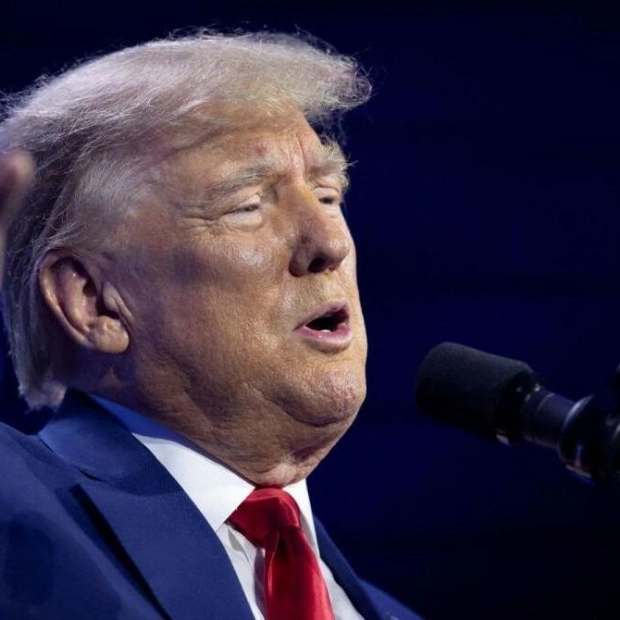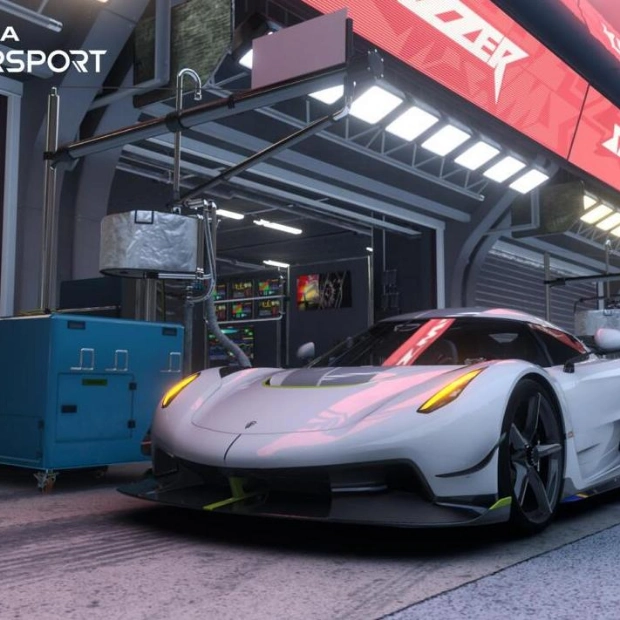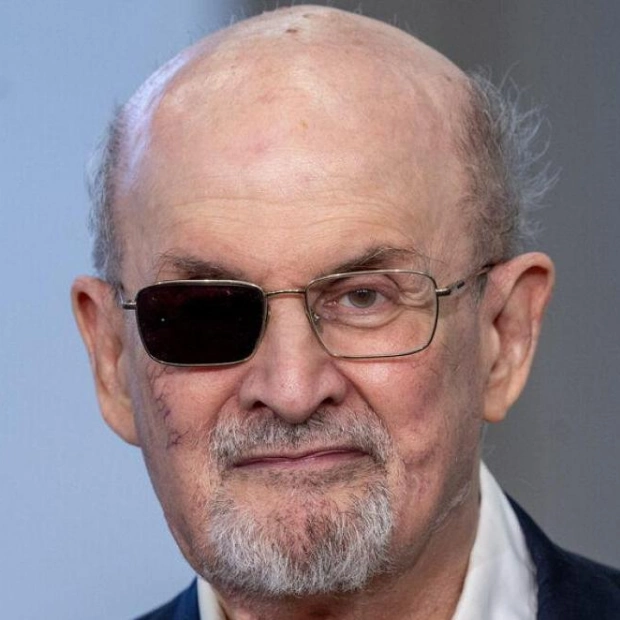Golf enthusiasts hoping to secure tickets for the Ryder Cup next year through the event's 'random selection' process will be charged $750 for day tickets to the main competition. The price to attend Bethpage Black in New York, where Europe aims to defend the trophy won in Rome last year, is likely to exacerbate the perception that the Ryder Cup is becoming more exclusive to corporate audiences, alienating average golf fans. The online reaction has been intense.
Those who haven't yet purchased Bethpage tickets can register for free on the Ryder Cup's official website for the random allocation. Successful applicants for the event in September will be notified by early next month. While only single-day tickets are initially available, those selected in the draw may have the option to buy up to four tickets, provided they can afford it. Practice days on Tuesday and Wednesday are priced at $255.27, while Thursday's ticket jumps to $423.64, which apparently includes the Junior Ryder Cup, celebrity matches, and the opening ceremony. The cost for Friday, Saturday, and Sunday is $749.51 per day. Organizers kindly note that these prices include fees and New York sales taxes.
This year, the Ryder Cup+ package includes food and non-alcoholic drinks. According to the terms and conditions: 'Whenever you're ready for a meal, simply redeem one entree, one snack, and one non-alcoholic drink per visit to any market concessions – and feel free to return as often as you'd like. Alcoholic beverages are also available for purchase.' The Ryder Cup generally generates significant revenue for either the PGA of America or the European Tour Group, depending on the host venue. However, in a strategic report accompanying recently published accounts, the European Tour Group's chairman, Eric Nicoli, specifically addressed the challenges of the Ryder Cup, despite the event drawing over 270,000 attendees in Rome.
Nicoli stated: 'The staging budget for the Ryder Cup faced significant macroeconomic pressures, driven by post-Covid supply chain challenges and disruption caused by the war in Ukraine, with inflation running at +22% compared to Paris 2018. Additionally, operating in a country not accustomed to large-scale green field events led to a 35% increase in operating costs compared to Paris 2018.' He added: 'Nevertheless, strong increases in revenue across all key Ryder Cup revenue streams (ticketing, sponsorship, merchandise, digital, and media rights) helped to offset these cost pressures.'






